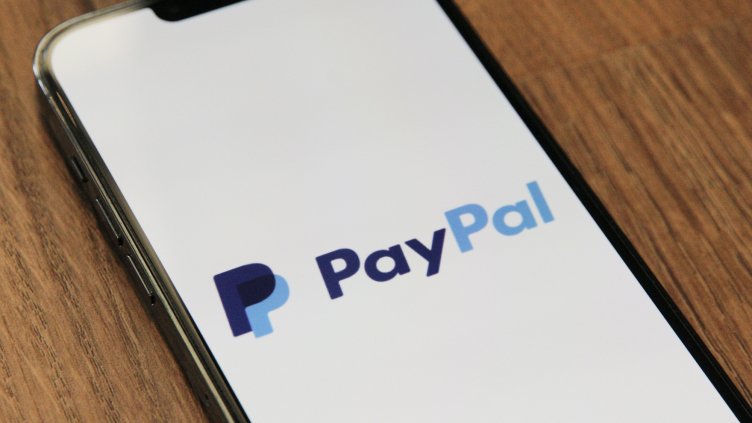PayPal will begin offering a 3.7% annual yield on its stablecoin, PayPal USD (PYUSD), for U.S. users starting this summer. The reward, paid in PYUSD, will accrue daily and be distributed monthly. Users can keep their PYUSD in PayPal or Venmo wallets, where it can be used for purchases, transfers, or conversion to fiat currency.
The company launched PYUSD in August 2023 through Paxos Trust Company. The token is backed one-to-one by U.S. dollar deposits, short-term Treasuries, and similar assets held in regulated accounts. It was initially deployed on Ethereum and later on Solana. Despite early momentum, PYUSD’s market cap has fallen from a peak of $1 billion in 2024 to about $873 million. This remains small compared to Tether’s USDT, which has a market cap of over $145 billion.
PayPal executives say the yield program is intended to promote everyday use of PYUSD, rather than having it sit idle in wallets or be limited to crypto-specific transactions. Blockchain lead Jose Fernandez da Ponte described the plan as part of a long-term strategy. “We are halfway in a 10-year journey,” he said. CEO Alex Chriss said the company is working to improve the cost and speed of payments by integrating stablecoins into its network. “We are thinking a lot about how we can change the expense profile of the payments landscape by using stablecoins,” Chriss said.
The rewards won’t be solely funded by interest generated from the reserves backing PYUSD, allowing PayPal more flexibility than other stablecoins tied to Treasury yields. Fernandez da Ponte also noted that the return offered through the program is not dependent on Federal Reserve rates.
The offer may raise regulatory questions. Tzahi Kanza, CEO of crypto investment firm Syndika, explained that while non-yield stablecoins are typically not considered securities, adding yield may change that classification. “Stablecoins that don’t offer yield are generally not considered securities. However, yield-bearing stablecoins may fall under that classification,” Kanza said. He added that the biggest risk is losing the token’s peg to the dollar.
PayPal continues to expand its crypto-related services. In April, the company added support for Chainlink (LINK) and Solana (SOL). PYUSD has also been used for cross-border settlements through Xoom, and the company is working to integrate it further into its global payment systems.
Other financial technology companies like Robinhood, Revolut, Stripe, and Fidelity are exploring or developing their own stablecoin products. Coinbase already offers yield on USDC, and Circle recently launched a new network to support stablecoin-based international payments.

